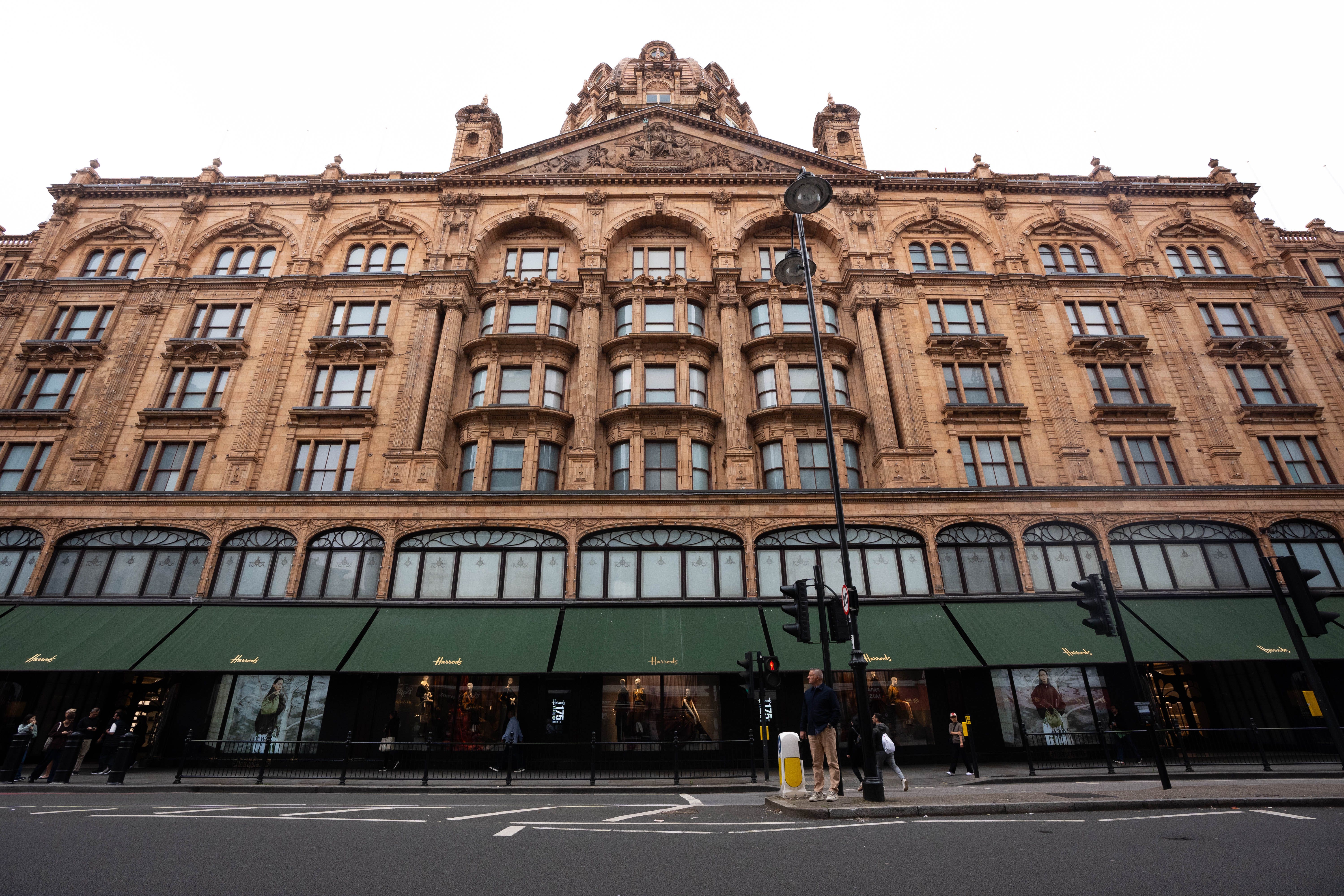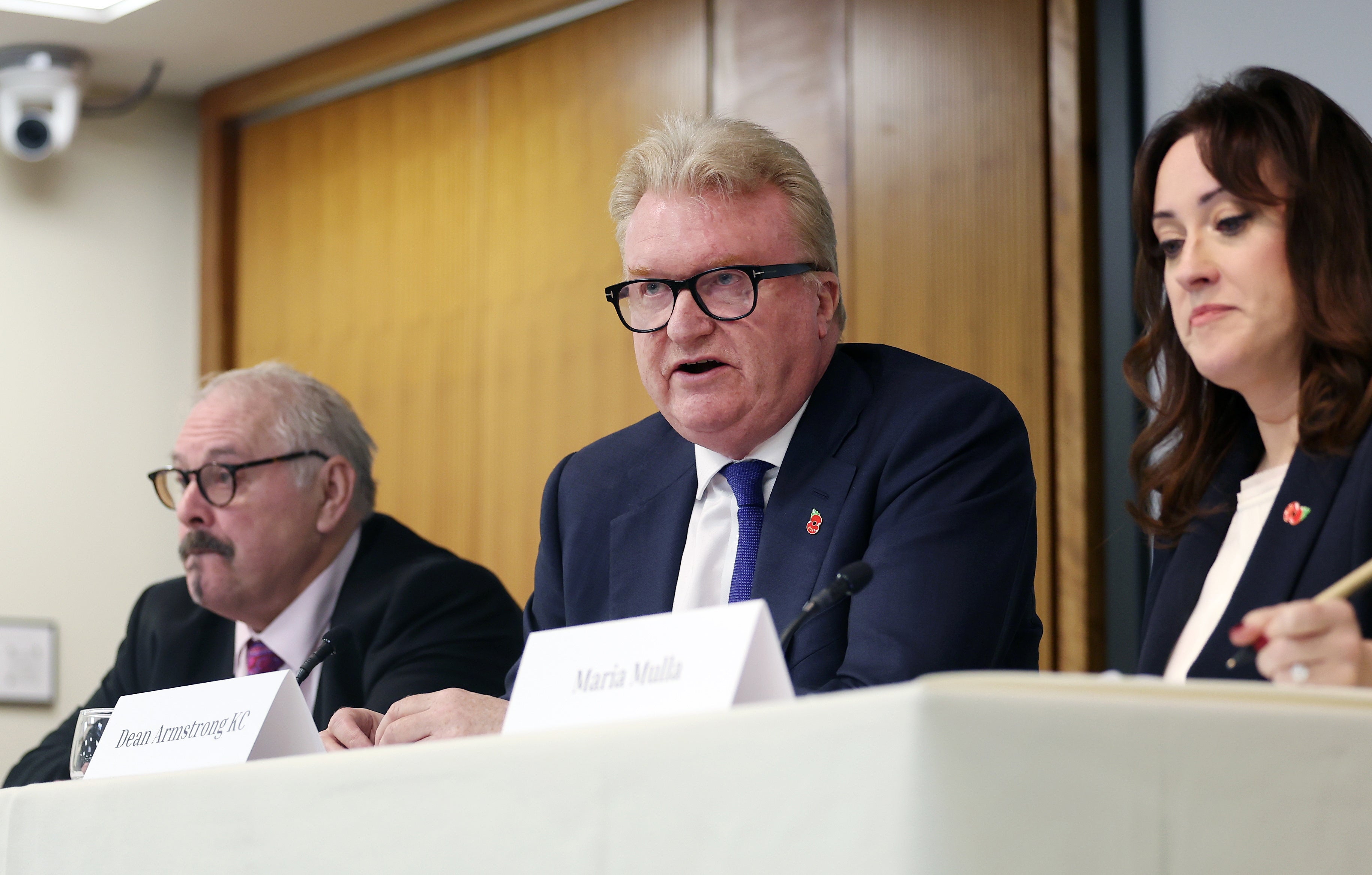
An investigation has been launched into the Metropolitan Police’s handing of sexual assault allegations made against former Harrods boss Mohamed al-Fayed.
Two complaints from victim-survivors raising concerns about the force’s handling of allegations they made against al-Fayed will be investigated by the Met itself under the direction of the independent policing watchdog.
The Independent understands the allegations, which the victim-survivors each reported to the Met in 2008, were both accusations of sexual assault.
The Met is currently reviewing a total of 21 allegations that were made before al-Fayed died in 2023, and referred two of these to the Independent Office for Police Conduct (IOPC) in November.
On Wednesday, the IOPC announced that the Met’s Directorate of Professional Standards will continue to investigate the complaints, but under the direction of the watchdog “to identify if there were any missed opportunities or failures by officers to properly investigate these reports”.

The IOPC also fears “it could become much wider than two complaints”.
More than 100 alleged victims have contacted police to say they were sexually abused by the tycoon, the youngest of whom is thought to have been 13 at the time.
A number of allegations were made against al-Fayed while he was still alive, but no charges were ever brought against him before his death last year.
Investigators twice sent files for a charging decision to the Crown Prosecution Service – once in 2008 relating to three victims and again in 2015 linked to one other.
On another three occasions – in 2018, 2021 and 2023 – the CPS was asked for what is called early investigative advice, but the matters were not pursued further by police.
Prime Minister Keir Starmer said during PMQs on Wednesday that the case of sex abuse allegations against al-Fayed “never crossed” his desk during his tenure as director of public prosecutions.

In November the Met confirmed that detectives were investigating more than five people who may have facilitated the former Harrods boss in his alleged sexual abuse of dozens of women and girls.
They are looking at individuals surrounding the businessman who could have enabled him to commit crimes which are claimed to have spanned decades between 1977 and 2014.
The force is also facing allegations of police corruption, with the Guardian reporting that officers were accused of taking bribes to help him persecute staff and avoid accusations of abuse.
On Wednesday, IOPC Director of Operations Steve Noonan said: “Our sympathies are with all the victim-survivors who reported allegations against Mr Al Fayed.
“There is widespread public concern around this case, with a significant number of allegations reported over many years while Mr Al Fayed was still alive.

“It’s important that an investigation is carried out into these complaints to identify if there were any missed opportunities or failures by officers to properly investigate these reports made back in 2008.
“We’ve decided to direct these investigations as the Met’s ongoing review of 21 allegations means it could become much wider than two complaints, and also it will help information sharing between DPS and the on-going criminal investigation into those who potentially enabled or assisted the alleged offending.
“The complainants will be kept regularly updated throughout the investigation.”
A spokesperson for the Metropolitan Police, said: “We are committed to thoroughly reviewing all information relating to allegations in the case of Mohamed as-Fayed and take the necessary steps to ensure accountability and public confidence in our processes.
“In November 2024, we voluntarily referred two cases to the IOPC and acknowledge their decision today for our Directorate of Professional Standards to investigate these complaints, under the IOPC's direction. This is in addition to our wider review into the handling of all 21 allegations made against Mohamed Al Fayed prior to his death.
“Given the sensitivity of this matter, and the current review, we cannot comment further at this time, but we are committed to openly sharing our findings as soon as we are able to and where this won’t jeopardise criminal or other proceedings.”







